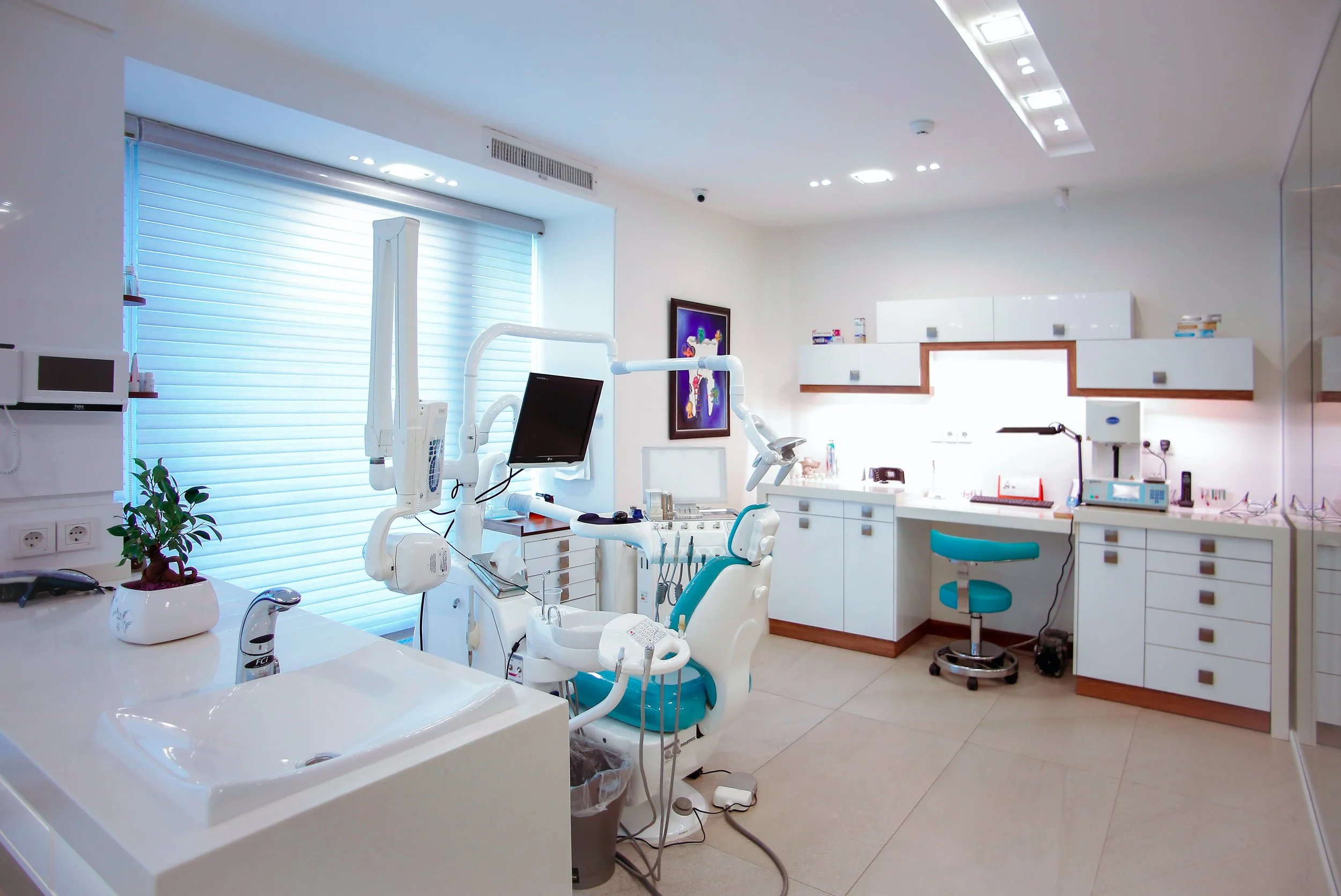Childhood Sexual Abuse & The Dentist
Fear of the dentist is quite common among the general population, so it’s not surprising that quite often the connection between a socially normal fear and a history of childhood sexual abuse can go unrecognized or misunderstood by everyone involved.
Quite often, the dentist chair is where memories and deep seated feelings emerge, leaving a survivor in a state of fear and confusion.
However, by taking a few precautions, you can feel empowered and develop a much stronger feeling around the whole experience.
A Word of Comfort
If you’re feeling triggered reading this, practice relaxation techniques such as deep, controlled breathing and guided imagery to help reframe your mind and provide internal calm that you can re-access when you are at the dentist.
If need be, contact a mental health professional to help you through.
There Are Ways to Make This Experience More Bearable
While it may be difficult to discuss your history and potential triggers with healthcare professionals, there are ways to convey personal concerns in a generic way.
Before you go in for your first appointment, you can request a consultation with the staff.
This will give you the chance to interview them to be sure they are understanding and empathetic to patients with dental anxiety, regardless of the cause of the anxiety.
You can ask for information about what to expect at your appointments, whether they be regular cleanings, fillings, or more complicated procedures.
Having an understanding of what to expect can be quite helpful in preventing and/or responding to triggers and situations that can put you in an uncomfortable position.
As the staff is telling you what to expect, check in with yourself to see what you’re feeling and what could be potential triggers and let the staff know.
They don’t have to know why you’re triggered, only that you feel that way.
This will give them a better chance of giving you options that will be less triggering and can be an opportunity for you to practice relaxation exercises.
During the consultation, you can set up non-verbal cues that you can use to signal the staff that you need to take a break.
You can ask that they let you know step by step what they will be doing if that would give you a stronger feeling of being in control.
Or you can request they only reassure you as to how long each portion of the procedure will take.
Some survivors want to know everything; others may not want to know anything. Some prefer somewhere in between.
It’s your choice.
During your appointments, you can bring a supportive person with you or request an additional staff member be in the room with you if you don’t want to be alone with the dentist.
You can bring headphones to listen to soothing music or request to watch TV if they have one in the examination room.
You can request longer appointment times so there won’t be a feeling of being rushed through your appointment.
You can ask to hold the suction instrument.
That happened at my last cleaning and I found it to feel very self-empowering.
If you have a fear of sedation, ask what alternatives there can be to help you feel more comfortable such as numbing gels, etc.
As a survivor of abuse, it’s important to know that you are in control.
At any point, you can talk to your dental professionals about refusing, delaying, or modifying treatments that are difficult for you until you're feeling strong enough to go through them.
You can ask for adjustments in things like lighting or seat position, ask for information and clarification about what's being done, and ask if there could be more ways for the dental staff to perform necessary dental procedures that will be less impactful.
Most importantly, remember that fear of the dentist is common.
The more we let dental professionals know how best to serve us, the more they can provide personalized care with fewer anxiety provoking triggers.

